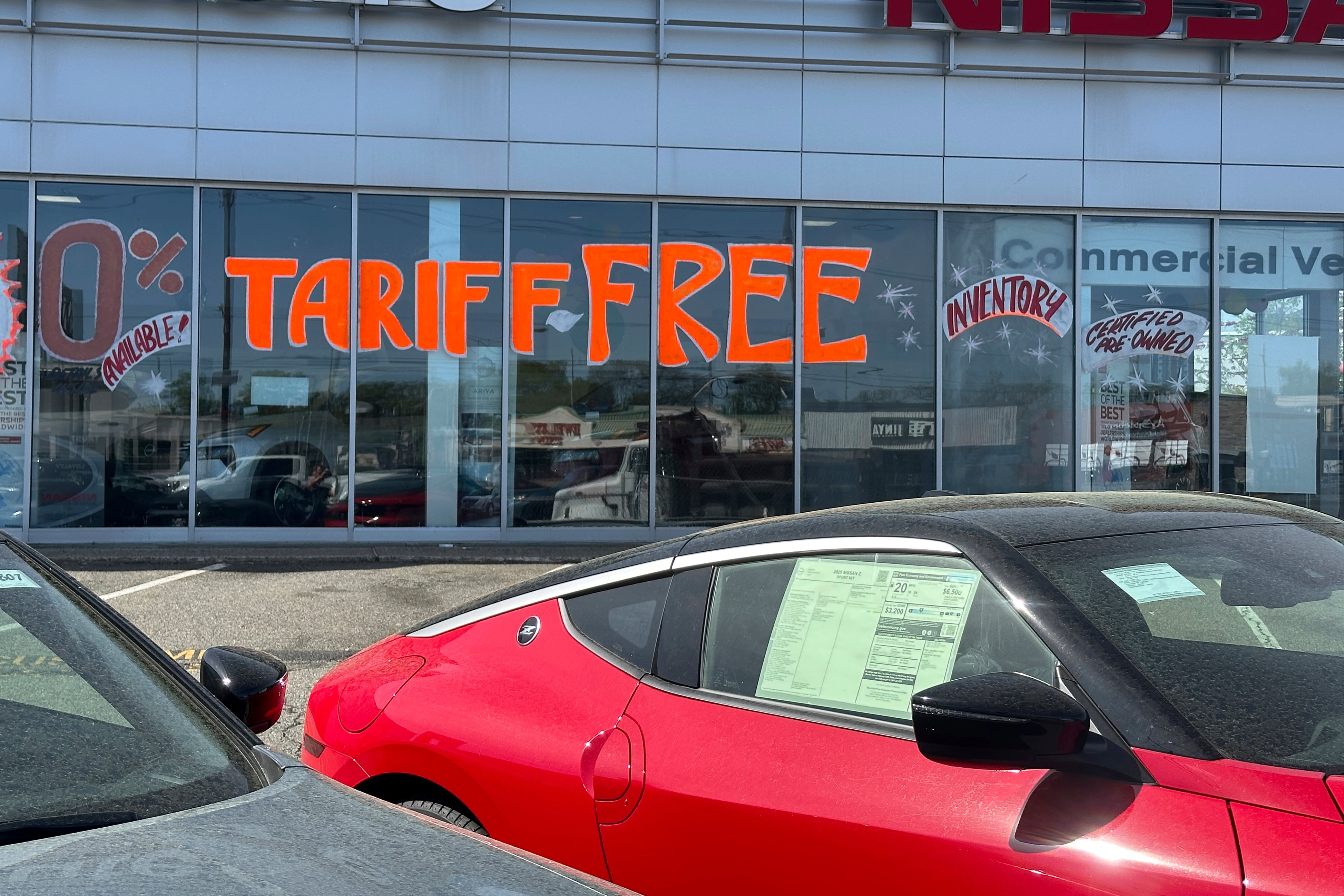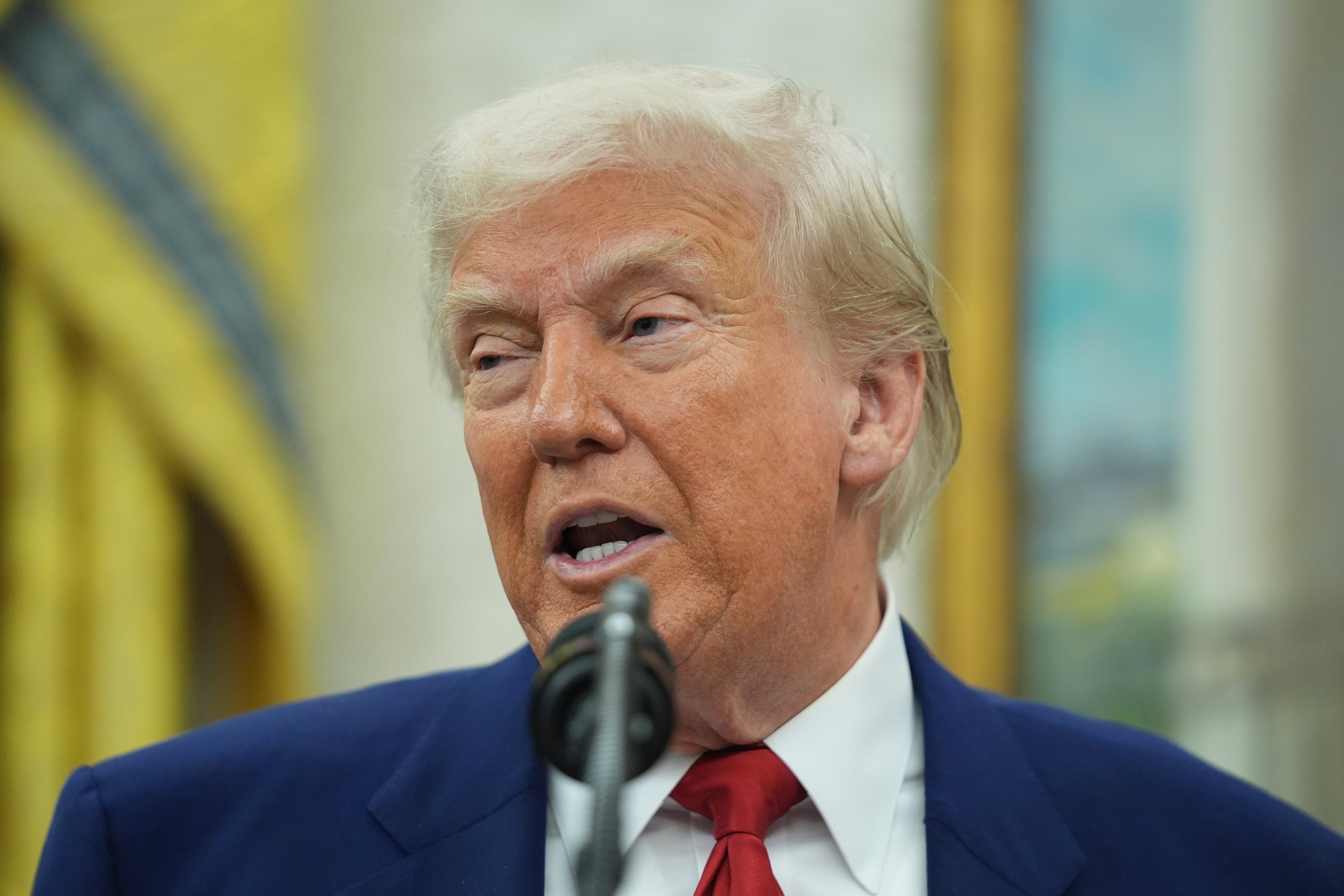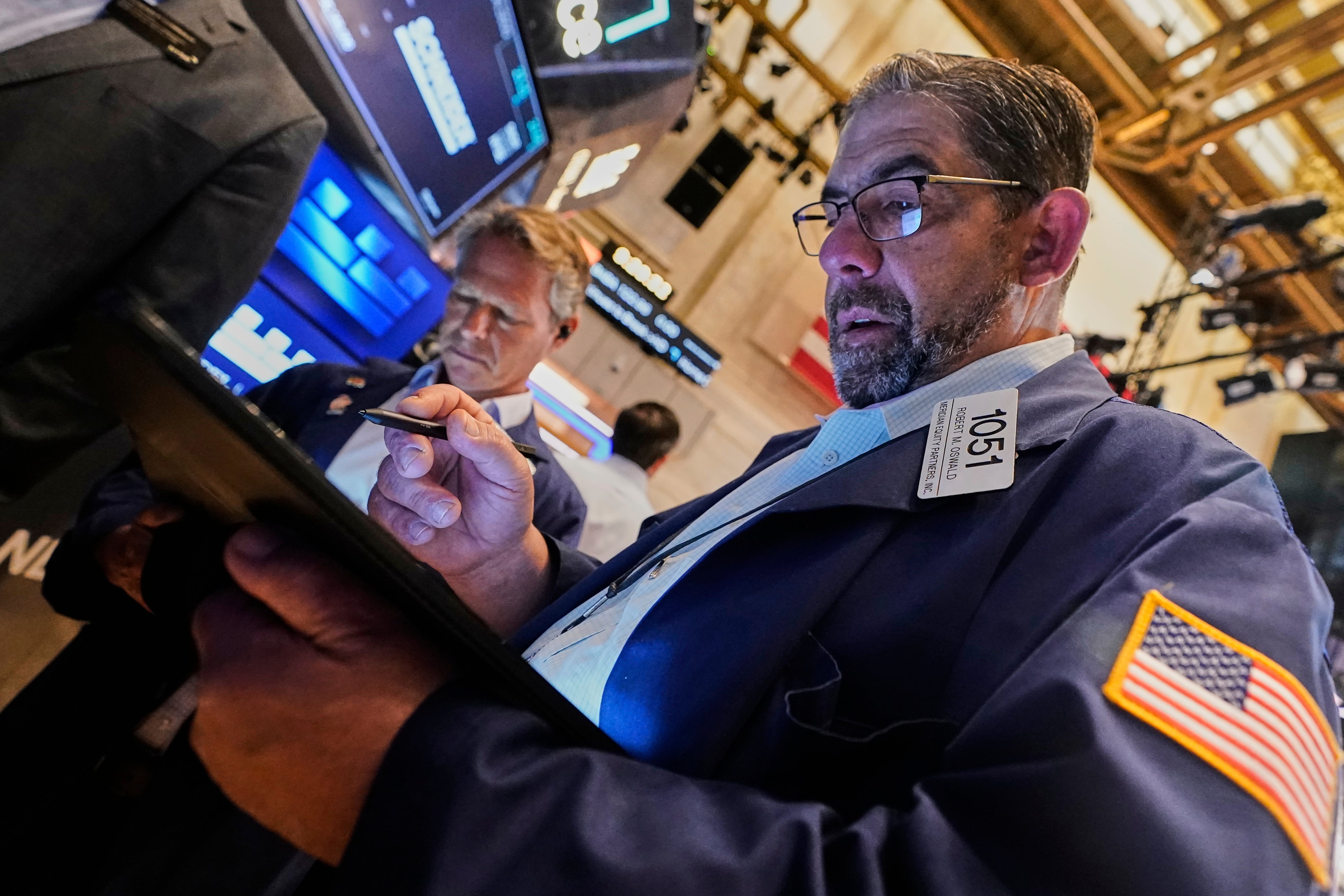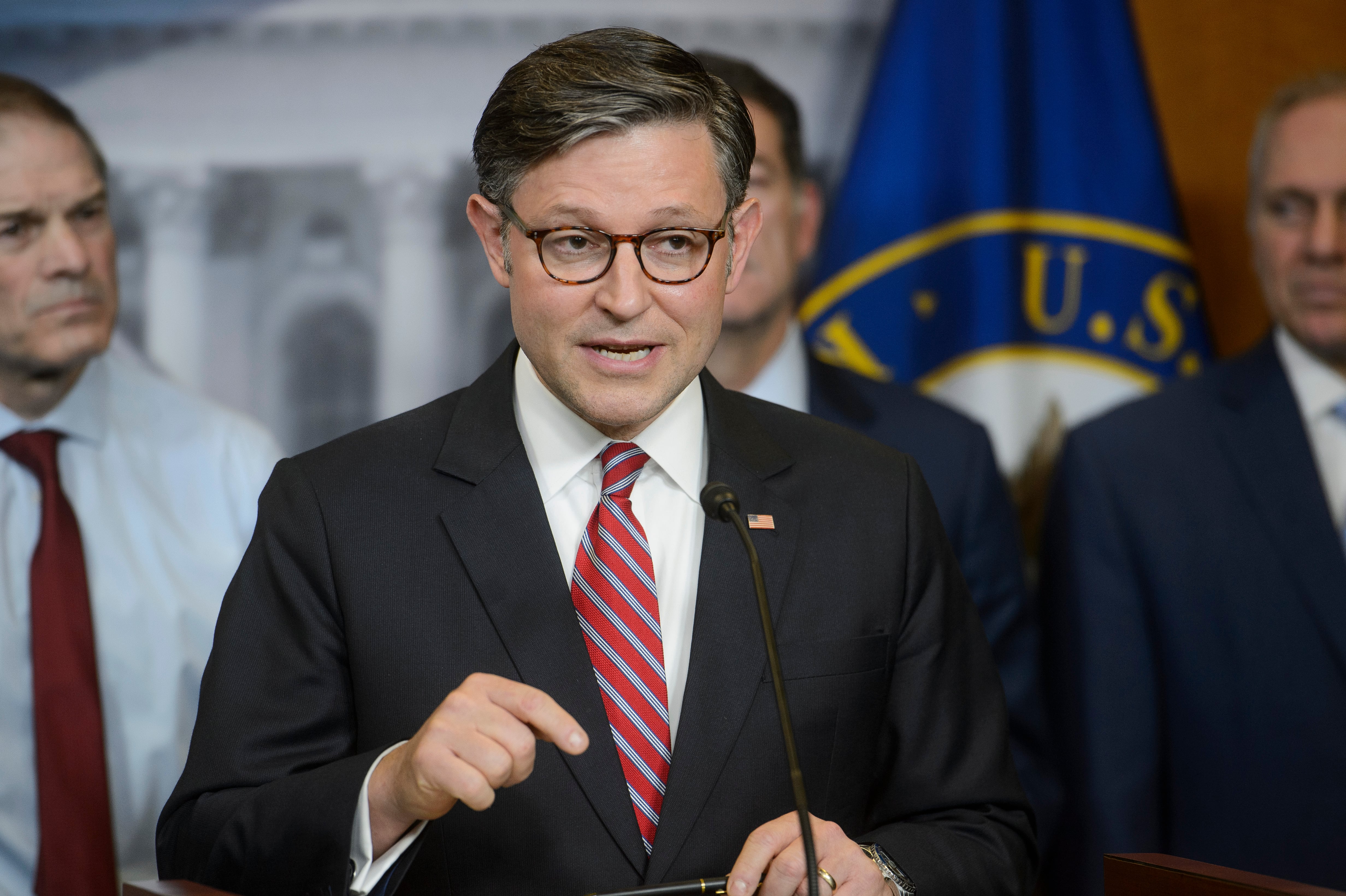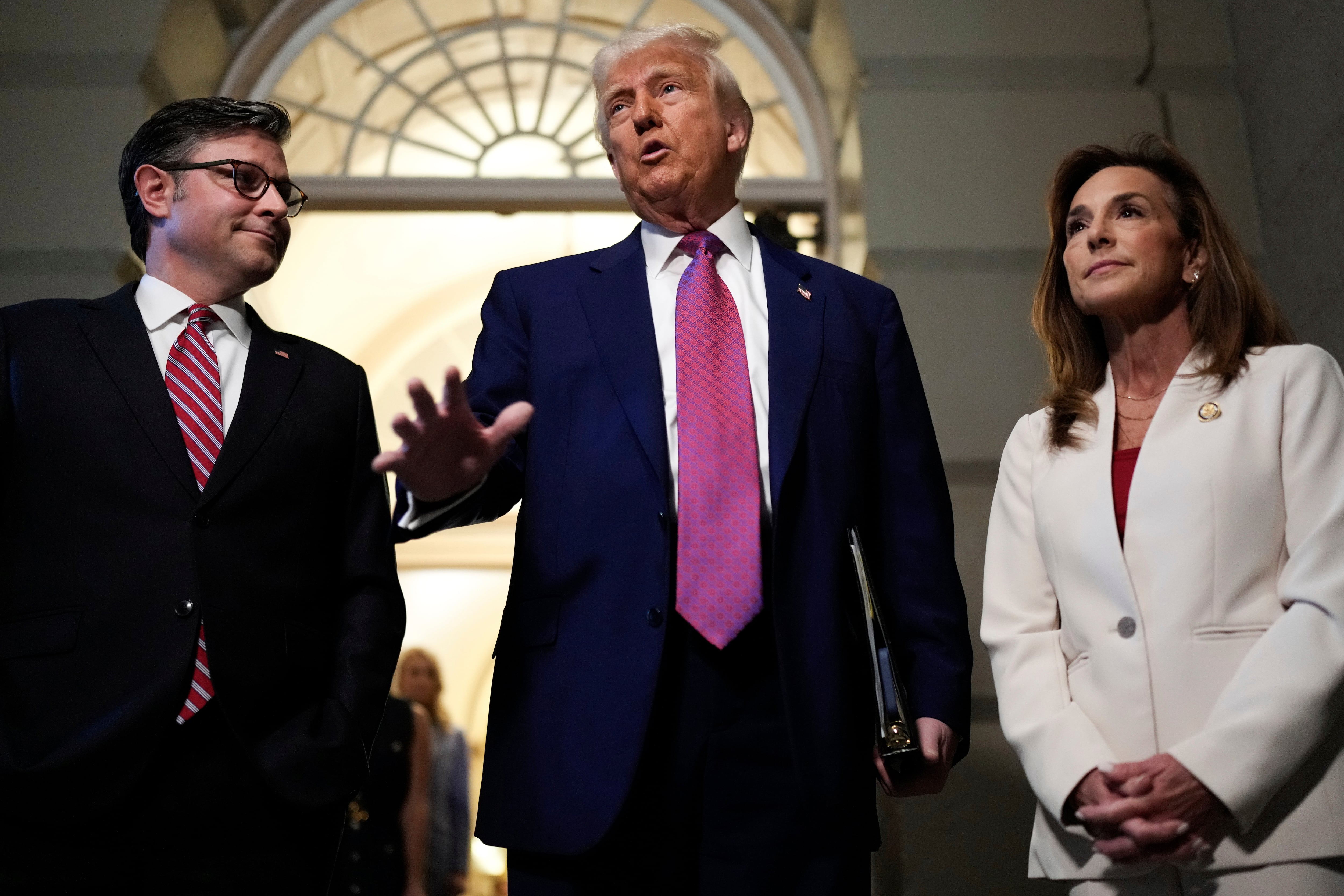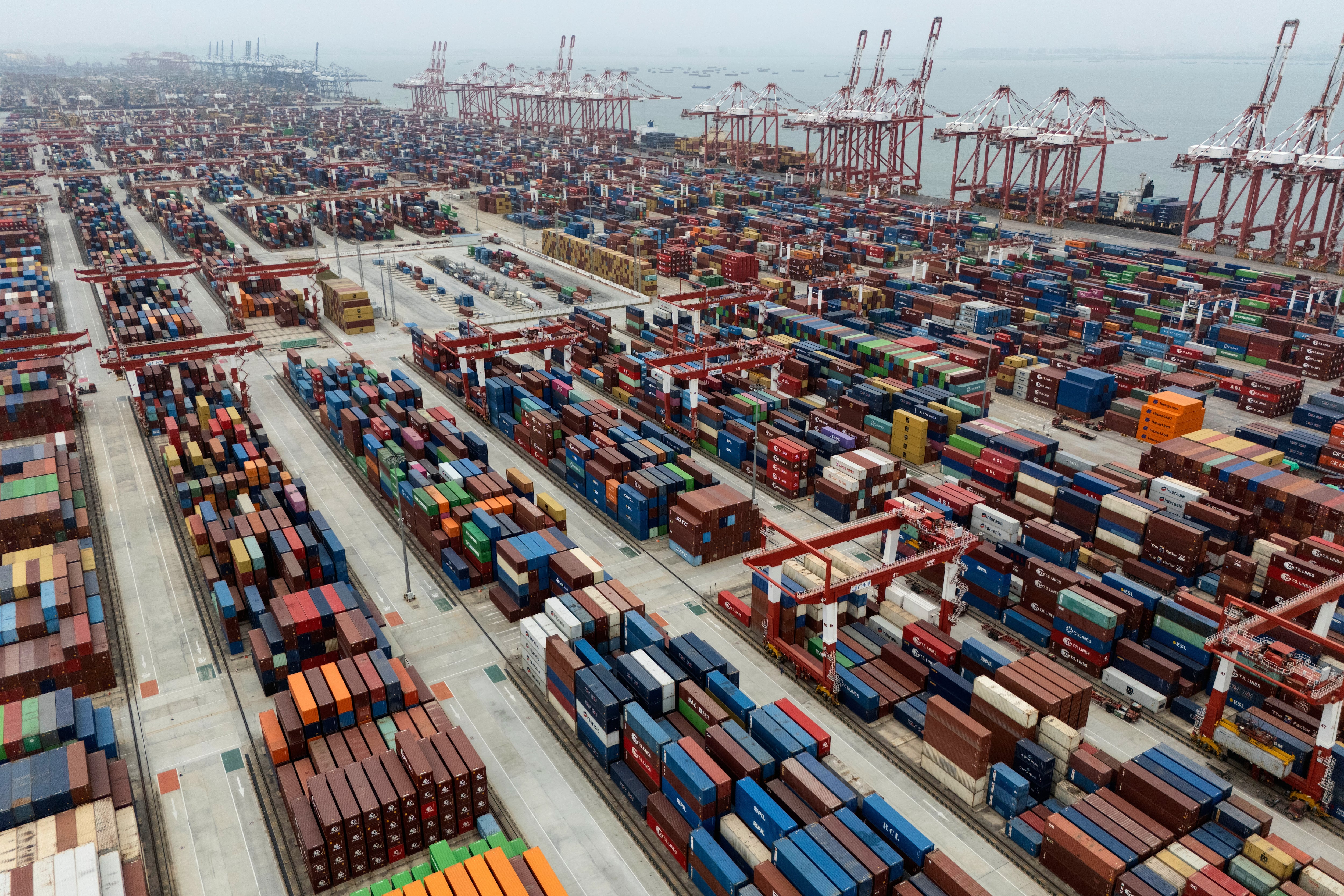As Washington debates whether the country should repeal the Affordable Care Act, known as Obamacare, applicants are rushing to get covered, reportedly driving applications to a record high.
“I’m glad that the people understand the importance of getting coverage,” Donna Christensen, the former delegate for the U.S. Virgin Islands’ at-large district, told Cheddar on Wednesday.
But many still remain uninsured. According to the National Center for Health Statistics, 28.2 million people under the age of 65 did not have coverage in 2016.
For context, that's a smaller proportion than before Obamacare passed. The federal agency said that the percentage of people uninsured now stands at 9 percent, compared to 16 percent in 2010.
Many uninsured and current beneficiaries of the Act worry that a repeal would be in place by 2019 and that time is running out. However, Christensen argues that this is not the case. She says it’s going to be very hard for Congress to repeal ACA.
“The Affordable Care Act is still the law of the land,” the ex-congresswoman said, stating that she doubts a repeal would ever happen.
“It was not easy to get the law passed, but it’s going to be more difficult to take it away,” Christensen said.
She encouraged the uninsured to seek coverage by December 15th this year, pointing out that benefits will be valid into the next year.
Congressional Budget Office director Keith Hall put out a blog post on the federal agency’s website on Wednesday. He says that according to the CBO’s most recent baseline, repealing Obamacare's individual mandate would reduce the nation’s federal budget deficit by $338 billion within the next decade. That's less than the previous estimate of $416 billion, made last December.
President Donald Trump’s doubling of tariffs on foreign steel and aluminum could hit Americans in an unexpected place: grocery aisles.
The Court of Appeals for the Federal Circuit on Thursday allowed the president to temporarily continue collecting the tariffs under the emergency powers law while he appeals the trade court’s decision.
President Donald Trump wants the world to know he’s no “chicken” just because he’s repeatedly backed off high tariff threats.
Wall Street is rallying after President Donald Trump delayed a 50% tariff on goods coming from the European Union.
Almost four dozen Venezuelan workers who had temporary protected status have been put on leave by Disney after the U.S. Supreme Court allowed the Trump administration to strip them of legal protections.
U.S. stocks are falling after President Donald Trump threatened 50% tariffs on the European Union that could begin in a little more than a week.
House Republicans stayed up all night to pass their multitrillion-dollar tax breaks package.
President Donald Trump has implored House Republicans on Capitol Hill to drop their fights over his budget.
American businesses that rely on Chinese goods are reacting with muted relief after the U.S. and China agreed to pause their exorbitant tariffs on each other’s products for 90 days. Many companies delayed or canceled orders after President Donald Trump last month put a 145% tariff on items made in China. Importers still face relatively high tariffs, however, as well as uncertainty over what will happen in the coming weeks and months. The temporary truce was announced as retailers and their suppliers are looking to finalize their plans and orders for the holiday shopping season. They’re concerned a mad scramble to get goods onto ships will lead to bottlenecks and increased shipping costs.
Senate Democrats have blocked legislation to regulate a form of cryptocurrency after arguing that the bill needed stronger protections.
